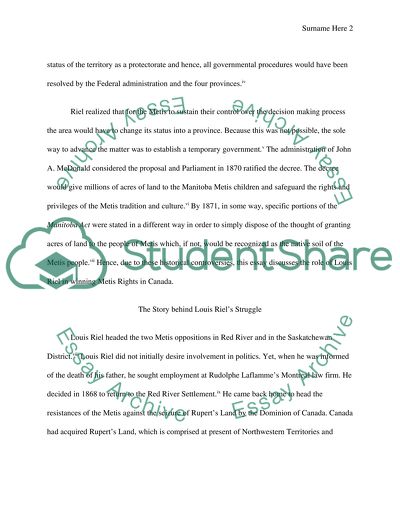Cite this document
(“In what ways did Louis Riel contribute to the acceptance of Metis Essay”, n.d.)
Retrieved from https://studentshare.org/literature/1424117-in-what-ways-did-louis-riel-contribute-to-the
Retrieved from https://studentshare.org/literature/1424117-in-what-ways-did-louis-riel-contribute-to-the
(In What Ways Did Louis Riel Contribute to the Acceptance of Metis Essay)
https://studentshare.org/literature/1424117-in-what-ways-did-louis-riel-contribute-to-the.
https://studentshare.org/literature/1424117-in-what-ways-did-louis-riel-contribute-to-the.
“In What Ways Did Louis Riel Contribute to the Acceptance of Metis Essay”, n.d. https://studentshare.org/literature/1424117-in-what-ways-did-louis-riel-contribute-to-the.


